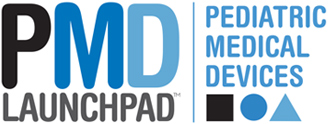Government
The U.S. government supports a wide range of health-related research and development. There is no central source of government-related R&D funds, but rather individual government agencies set their own R&D budgets and focus. Within each agency, there may be a variety of funding platforms that have different requirements with respect to applicants, scope of research, and/or funding needs. As detailed below, there are specific funding mechanisms that are specifically targeted to advance small businesses in the medical device space.
Nonprofit Organizations
Nonprofit organizations can help advance the development of pediatric medical devices by providing funding, expertise, or other resources. Some nonprofits are focused on specific diseases and/or patient populations. In addition, some nonprofit organizations are dedicated to the pediatric patient population.
If your organization is interested in being added to this list, please contact us.


